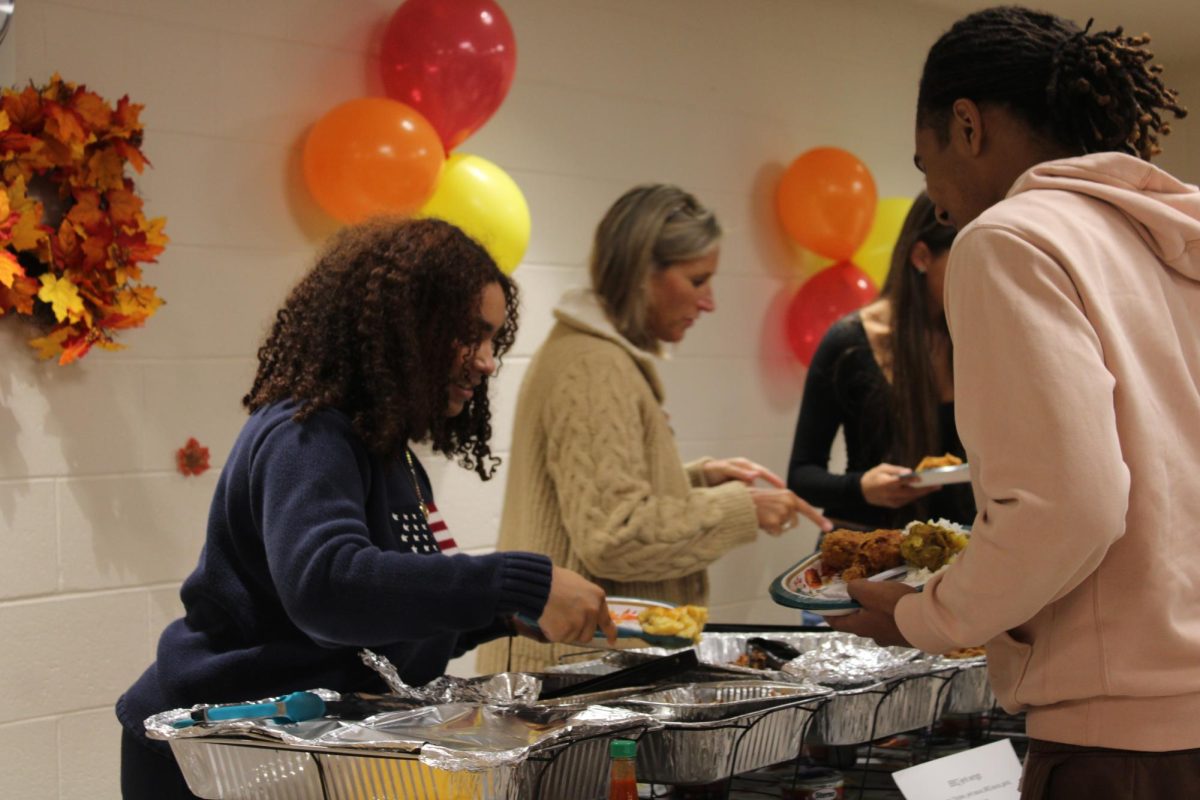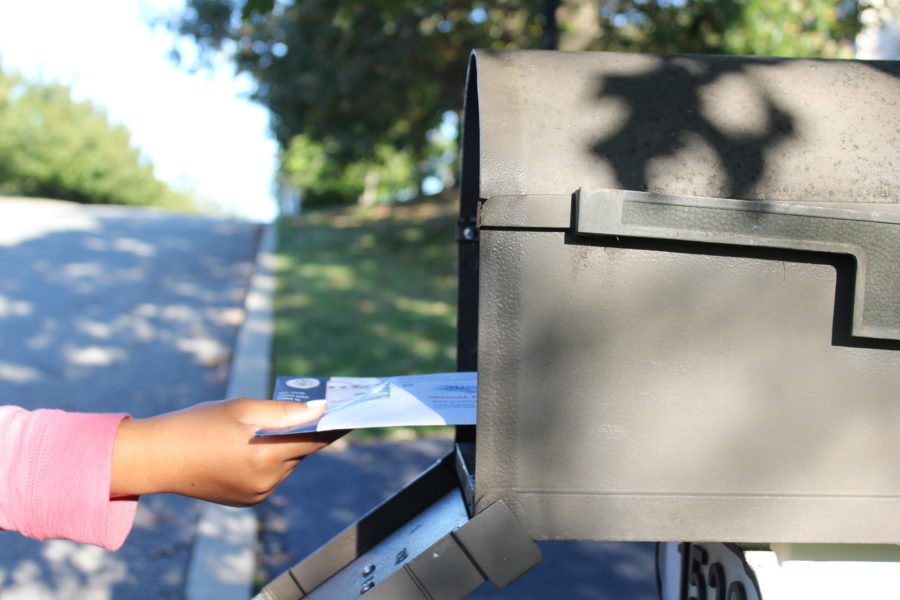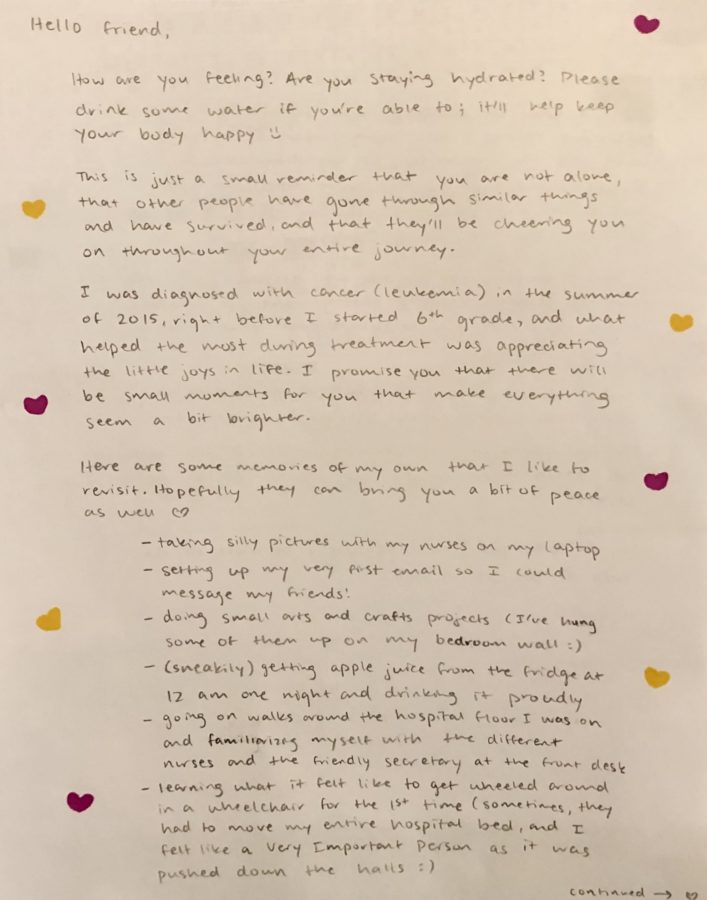By Zakiyah Gaziuddin and Grace Kuryan, News Editor and Staff Reporter
For the first time in recent American history, an unprecedented number of individuals will be given the opportunity to vote by mail in the 2020 presidential election.
With concerns about following social distancing regulations and the potential transmission of COVID-19 at polling places, many Pennsylvanians are choosing to utilize mail-in voting. Mail-in voting isn’t a new process and has been used across the country in the past. The U.S. Election Assistance Commission reported a rise from 14.7 million absentee ballots cast in 2004 to 24.8 million in 2016, more than doubling the amount in 12 years.
With Pennsylvania’s position as a swing state, coupled with this year’s tense political climate, mail-in ballots could play a decisive role in determining who will be elected president of the United States.
Junior Linc Zdancewicz, vice-president of Young Republicans believes Pennsylvania’s crucial role in this year’s election is further cause for voting in person.
“(Pennsylvania) could be very crucial to either candidate’s success, which is all the more reason for everybody to go out and vote in person. So we have more of a conclusive vote,” Zdancewicz said. “Because I feel like if we vote by mail, there will be a lot of recounts, especially in (Pennsylvania).”
Fear surrounding transmission of the virus at traditional polling places is accompanied by concerns about the security and efficiency of no-excuse absentee ballots and whether or not the process may lead to heightened voter fraud.
Senior Lena Pothier, co-president of New Voters, a nonpartisan organization that aims to register newly eligible voters, sees voting by mail as a secure option and believes many of the claims about voter fraud are unsupported.
“If we can get prescriptions in the mail, if we can file our taxes by mail, there’s a lot that’s done by mail. And so I think the notion that voter fraud will occur by voting by mail is largely unfounded, as voter fraud is already very rare,” Pothier said.
Zdancewicz believes that voting in person guarantees security at a level that mail-in voting does not and is the most secure option in ensuring that votes will be counted.
“There are a lot of claims going around, especially in my party, that there’s some voter fraud going on. It can happen, it has happened,” Zdancewicz said. “One of the biggest things with this: you don’t know whether your vote is counted once it’s in there. A lot of ballots have been thrown out.”
Although analysis by the Washington Post and the nonprofit Electronic Registration Information Center (ERIC) regarding mail-in voting found only 372 possible cases of voter fraud out of around 14.6 million votes cast by mail in the 2016 and 2018 general elections (0.0025 %), there is still a lack of consensus amongst citizens regarding the topic due President Trump’s remarks surrounding mail-in voting during the first presidential debate and on Twitter.
Senior Katie Chuss, president of Young Democrats Club, considers mail-in ballots to be a substantial option considering the fact that the nation is still grappling with the pandemic.
“I think it might make it easier for people to vote. I don’t think it really makes it harder as long as they’re willing to take an initiative to request their ballot and fill it out, which is about the same amount it would take to actually go to the polls on Election Day,” Chuss said.
In Oct. 2019, before the COVID-19 pandemic, Gov. Tom Wolf signed Act 77, a bill that significantly altered election laws in Pennsylvania by creating an option for individuals to vote by mail without having to provide an excuse. The bill’s proved to be particularly important during the pandemic. By the 2020 Pennsylvania Primaries, nearly 1.5 million voters cast their votes by mail-in or absentee ballots according to the Department of State’s 2020 Primary Election Report. Pennsylvania previously required voters to provide a reason, such as having an illness or disability or being away from the municipality in which they reside on Election Day, to cast an absentee ballot.
On Thursday, Sep. 17, Pennsylvania’s supreme court ruled that ballots postmarked on or before Election Day will be counted so long as they’re received by Nov. 6. The tedious process of counting ballots has also led some to suspect that rather than having an election day, we might be in for an election week or longer.
Zdancewicz predicts that the surge in mail-in ballots may also complicate the process of tallying votes.
“It takes a long time for these ballots to get counted. I have my doubts. I think everyone has doubts that we’re going to know who the President is on election night,” Zdancewicz said.
Pothier agrees, noting complications that arose in Pennsylvania’s primaries.
“I think it’ll be frustrating on Election Day watching the results come in,” Pothier said. “You can see even from the primaries, it took Pennsylvania a long time to figure out some local elections, specifically Delaware County. I think it’s going to take a long time.”
Pennsylvania residents who do plan to vote by mail should keep in mind that mail-in ballots must be postmarked by Nov. 3 and placed in the secrecy envelope provided with the ballot to be counted.
“Vote, because your vote would matter anywhere,” Pothier said, “but it matters so much in Pennsylvania.”


























































































